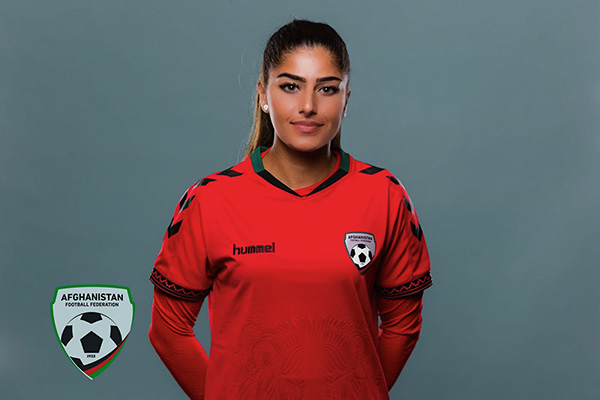Slowly but surely, we’ve been able to return to our sports. Our gyms have reopened, our sports clubs can receive their members once again and even the professional football stadiums can now welcome as many fans as their seats will hold. The worldwide pandemic not only cast a long shadow over spectator sport but our participation sport suffered mightily as well but did we ever entertain the idea that we would never be reunited with our sports? Have you even been around a football pitch when the lights are turned off? What if they were never turned back on?
Few would doubt the value of sport in our society. We know how important it is to exercise – not just for our physical but also for our mental well-being. During the darkest days of lockdowns, closures and social distancing, the famed neurologist Erik Scherder doubled down on his messaging about the importance of exercise not only for physical heath but for mental health as well. For the good doctor, exercise in not a ‘nice to have’ but an absolute necessity for proper cognitive function and conversely, the lack of exercise will have negative, detrimental, even catastrophic effects on the healty of our brains. His message has always been clear and backed by the science which he is so uniquely good in explaining but when the Covid-19 virus threatened to cause collateral damage by shutting down our ability to exercise, Scherder sounded alarm bells, frequently and perhaps with greater resolve than ever before.
We may now feel relief that our ability to engage with our favorite sports has in large part been restored and that we have either resumed our pre-Covid physical activities or perhaps have adapted our routines to make sure that, going forward, we can keep ourselves moving and ensure that our grey matter is being looked after. Animo sano in corpora sano. But what if there were no return to sport? No more football, for example – not Messi leaving Barcelona but rather from one day to the next, the beautiful game was taken away.
That horrible thought occurred when Nilofar Yaqoubi appeared one evening in early September on the evening Dutch talk show “Op1”. A fashion creative and influencer with a significant following on Instagram, her family came to the Netherlands more than twenty years ago from war-torn Afghanistan. Sports have always been an important part of her life: she did gymnastics until the age of 16. These days, she happily spends time working out in the gym or even throwing punches on a heavy bag but for a very important part of her life, Nilofar was a footballer. Although she got a late start at the sport, she showed an aptitude for the game and eventually wound up getting an invitation to join the Afghanistan Womens National Team in 2014 for a tournament in Pakistan. The Afghan team was made up of players living in country as well as diaspora. She learned firsthand the challenges and obstacles the other players faced to chase their dreams of playing footy. She knew what sport meant to her but came to know how much it meant to the players in the country of her birth. She witnessed how far her country had come: in the past twenty years, girls were playing football and Afghanistan had even sent athletes to the Paralympics.
Nilofar cherishes her memories of the national team and her teammates. After three anterior cruciate ligament tears, the 30-year-old has been forced to hang up her boots. She had the opportunity to reconnect with team during a visit to her native land earlier this year. While her post-surgery knee limited what she could do on the field, she enjoyed the opportunity to help inspire the other girls knowing that football was their opportunity to express themselves and develop the self-confidence they quite possibly would never be able to muster where it not for sport. Now several months later, she has witnessed the transformation of her country to a place where sport, especially women’s sport will likely see many changes. The chance that girls and young women will be able to represent their country on a football pitch are most unlikely. Many of the players have fled the country. The lights are being switched off and it seems no one will be able to turn them back on. Nilofar worries about the future of her homeland. On a different television program, she was driven to tears. To see her tear up is not only heartbreaking but a painful reminder of how we so often take our good fortune for granted.
Nilofar would very much like to help – to remind us not to forget the girls of Afghanistan – but she knows that with time, it will only become harder to make an impact – even for an influencer with hundreds of thousands of followers. Thankfully, the NGO’s will continue their missions. War Child will try to facilitate the play of Afghan children here in the Netherlands while other organisations will try to do the same in Afghanistan. We should support all of them. We need to think about the consequences and keep the floodlights turned on. Dr. Scherder has pleaded with us to remember that more is at stake than just playing some footy. Recording artist Taylor Swift once said, “People say you don’t know what you’ve got till it’s gone, but the truth is you just never thought you’d ever lose it.” Most of us can remember the most bitter loss our team had to endure. We want to forget it, but we can’t. Let this loss be our worst loss and let us not forget them.
Written by John Mahnen
